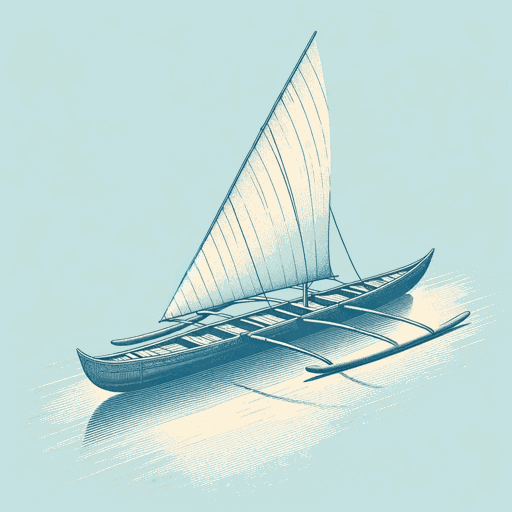50 pages • 1 hour read
Wade DavisThe Wayfinders: Why Ancient Wisdom Matters in the Modern World
Nonfiction | Book | Adult | Published in 2009A modern alternative to SparkNotes and CliffsNotes, SuperSummary offers high-quality Study Guides with detailed chapter summaries and analysis of major themes, characters, and more.
Important Quotes
“One of the intense pleasures of travel is the opportunity to live amongst peoples who have not forgotten the old ways, who still feel their past in the wind, touch it in stones polished by rain, taste it in the bitter leaves of plants.”
(Chapter 1, Page 1)
These opening lines are a poetic salute to historical cultural traditions: “the old ways.” Though seemingly a simple statement, with these lines Davis foreshadows several of the physical, mental, and spiritual adaptations of the cultures he describes. The feeling of the past “in the wind” relates to the navigation practices of Polynesian wayfinders and the connection of this practice to ancestral knowledge. The touching of the past “in stones” may refer to the connection of all facets of local geography, including river stones, to ancestors and gods by peoples of the Amazon, while the “bitter leaves of plants” refers to the preparation of ayahuasca by these same peoples, as well as the consumption of coca by the Inca.
“A language, of course, is not merely a set of grammatical rules or a vocabulary. It is a flash of the human spirit, the vehicle by which the soul of each particular culture comes into the material world […] Of the 7,000 languages spoken today, fully half are not being taught to children. Effectively, unless something changes, they will disappear within our lifetimes. Half of the languages of the world are teetering on the brink of extinction. Just think about it. What could be more lonely than to be enveloped in silence, to be the last of your people to speak your native tongue, to have no way to pass on the wisdom of your ancestors or anticipate the promise of your descendants. This tragic fate is indeed the plight of someone somewhere on earth roughly every two weeks.”
(Chapter 1, Page 3)
Davis speaks of language loss as the “canary in the coal mine” (3), the key indicator of cultural extinction. To destroy a language is “like dropping a bomb on the Louvre” (5) and destroying countless one-of-a-kind cultural products, each one articulating its own vision of being. Here Davis recounts a harrowing statistic of the decline of the earth’s languages and cultures, with clear intent of placing the audience in the position of someone facing the loss of their language.

